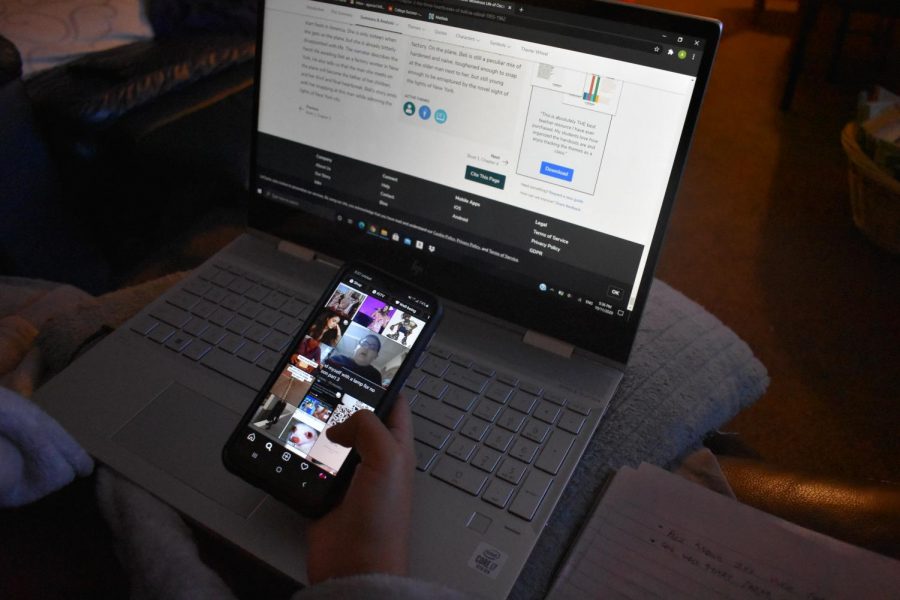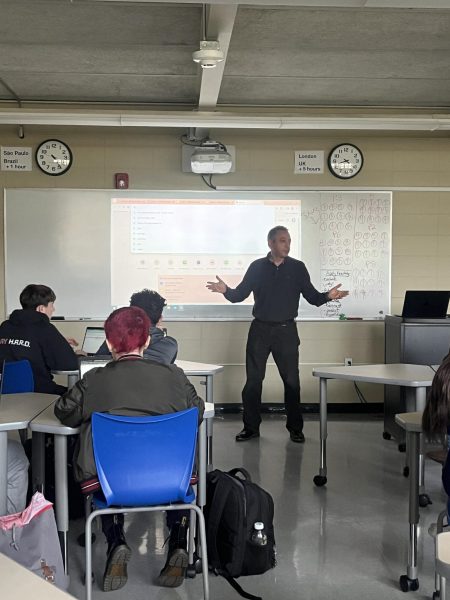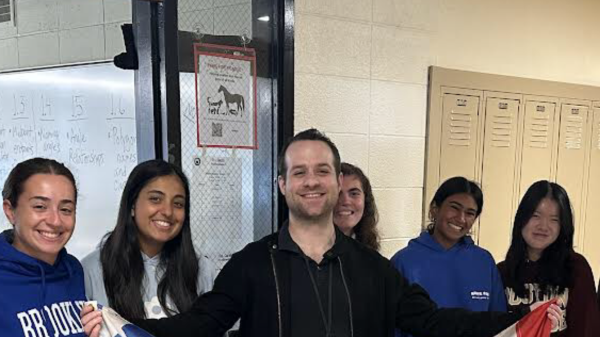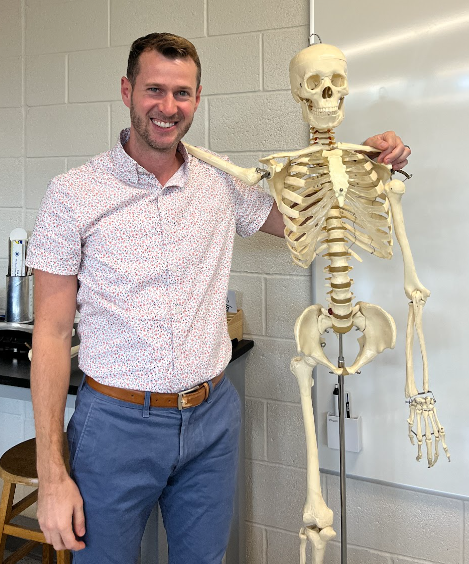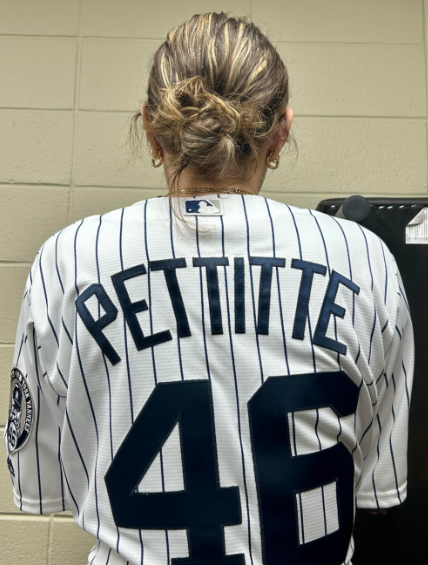How is Covid-19 Impacting Students’ Performances?
November 12, 2020
Students all over the country have recently been taking virtual courses this year because of the virus. During this pandemic, parents and teachers are concerned about the youths’ academic development. When the pandemic is finally controllable and over, kids will most likely return to school with lower school achievements.
Virtual courses have become mandatory for the safety of everyone. This has affected students mostly. For instance, quantities of homework has been handed to students, there is fewer person-to-person communication, an absence of effort put into students’ work, and technical issues.
Studies from “Cloud Front” said, “Among 175 respondents, around 53.71 percent of students have experienced no such technical issues…19.34 percent of them express that, sometimes it is very difficult to follow the classes due to poor internet connection.”
This data shows that few students are having trouble trying to get in with online courses however they can’t since there are many technical problems that occur that disturb their education.
Speaking about issues, online courses will also lead to students cheating more. With devices laying around their house, students will pick up the habit of using their devices to cheat.
Studies backed up by “Academic Cheating Fact Sheet” by David L. said, “today between 75 and 98 percent of college students surveyed each year report having cheated in high school.”
This indicates that students are not adapting their knowledge on school assignments rather than just getting it done.
As postgraduates and undergraduate students take online courses, there is going to be an increase in the lack of effort put into schoolwork. Students have lately just been on their devices texting. It is 2020 and technology has advanced to the point where you do not have to get up for any information. It is usually on students phones, computers, and other devices.
During the virtual classes, there are limits and barriers to school facilities that would supposedly assist you with learning. For example, science labs at school for experimenting are not usually available during online classes. This will create boredom and loss of interest in their favorite subjects and periods. There is also a lack of presence of education instructors therefore there is not a supportive environment for the student to learn with support and comfort. Student’s are usually also more open and will participate more in an actual face to face interaction with the instructor and peers.
Every educational program is based on a national curriculum. Ever since the pandemic has been spreading, teachers have found difficulty in keeping up with the school curriculum. Curriculums are mostly more successful during on-ground teaching whereas online programs will not always result in a successful program. During online courses, if the instructor would want to teach according to the curriculum she/she must use a specific way of teaching where all students are participating and interacting with one another, which is not always the case.
Teachers have raised their concerns about their student’s health during online courses. From their unhealthy balanced diet to them getting 0 exercise every day, virtual learning really had a big impact on their health. Ever since the pandemic hit in March they have not had the opportunity to walk to their schools, bus stops, or even have their weekly physical ed lessons. Now it is as easy as opening up your laptop or opening a computer for the next couple of months.
However, according to “CloudFront” they stated, “around 76 percent of the students are in favor of e-learning…6.86 percent of the students are not positive towards e-learning.”
The research has shown that students prefer taking online courses. Although many people assume E-Learning could be for the worse there are statistics that have proven these statements wrong.
Statistics from the same study have shown that around 86 percent of students applied that online school is useful, an estimated 83 percent of students have also applied that e-learning improved their self-study skills.
Studies showed from Connections Academy (2015) that there has been a significant 80% increase in grade school students taking virtual lessons as well as a 58% increase in full-time public school enrolment. If kids are no longer in classrooms together, however, there’s a possibility that social skills can also decrease by at least 30%. Taking virtual classes is one of the leading causes of the lack of social skills due to not interacting with peers or adults who can assist you whilst doing your work and help support you if you get confused and stressed out.
As online school progresses, the youth will adapt to online courses in a negative or positive direction over time. This will have a significant impact on a student’s well-being and overall development with school.

